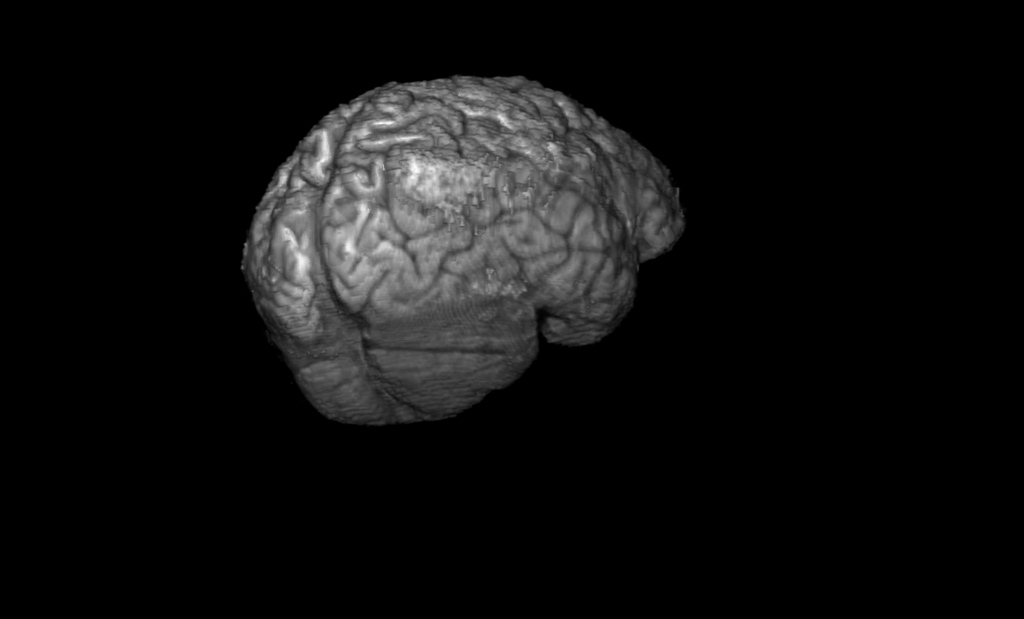In prior studies, researchers have assessed the detrimental effects of heavy alcohol use and its risk for diseases associated with cognitive decline. A recent cohort study by a group of researchers at Harvard T.H. Chan School of Public Health, published in JAMA Network, provides a new standpoint on whether alcohol usage can increase the risk of dementia and cognitive decline.
For the study, based on data from the US-based Ginkgo Evaluation of Memory Study, researchers examined 3,021 participants aged 72 and over with no history of dementia. They gathered data on self-reported alcohol consumption and drinking frequency. The results would assess any association between alcohol consumption, dementia, and mild cognitive impairment (MCI).
As the findings showed, among the 3,021 participants, 512 were associated with dementia and 348 with Alzheimer’s disease, after an assessment initiated six years later.
“During a median follow-up of 6 years, 512 cases of dementia occurred. For 7.1 to 14.0 drinks per week compared with less than 1.0 drink per week, the hazard ratios for dementia were 0.63 among 2548 participants without MCI and 0.93 among 473 participants with MCI,” according to the findings.
“Among participants with MCI, the hazard ratio for dementia was 1.72 for more than 14.0 drinks per week compared with less than 1.0 drink per week. The association of alcohol intake with dementia differed for participants with and without baseline MCI. Among participants without MCI, daily low-quantity drinking was associated with lower dementia risk than infrequent higher-quantity drinking.”
The results indicated that consuming over 14 alcoholic beverages per week could result in decreased cognitive health in older adults. Researchers also cautioned the use of alcoholic beverages at a similar frequency among patients with MCI.
“These results suggest that while caring for older adults, physicians should carefully assess the full dimensions of drinking behavior and cognition when providing guidance to patients about alcohol consumption,” the findings conclude.


